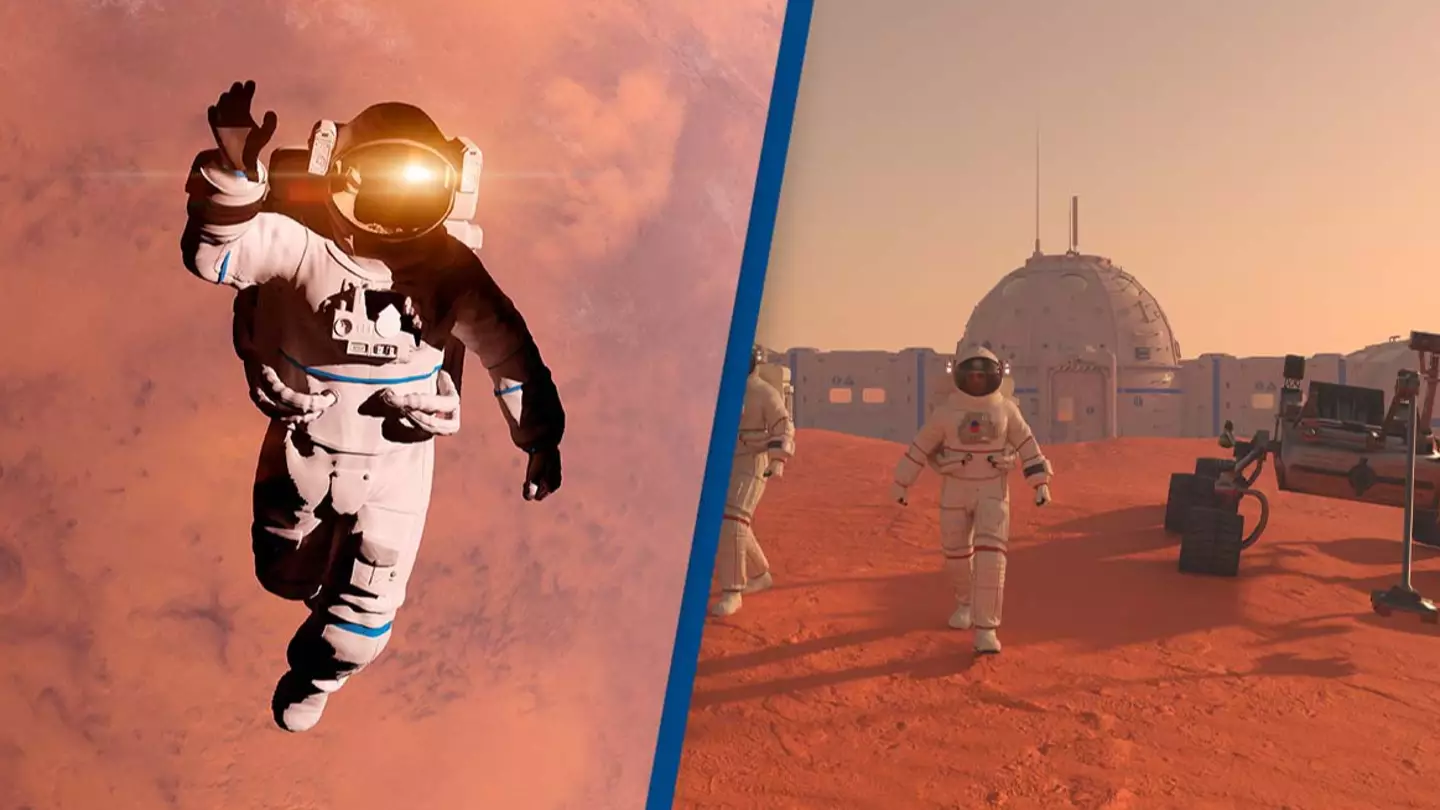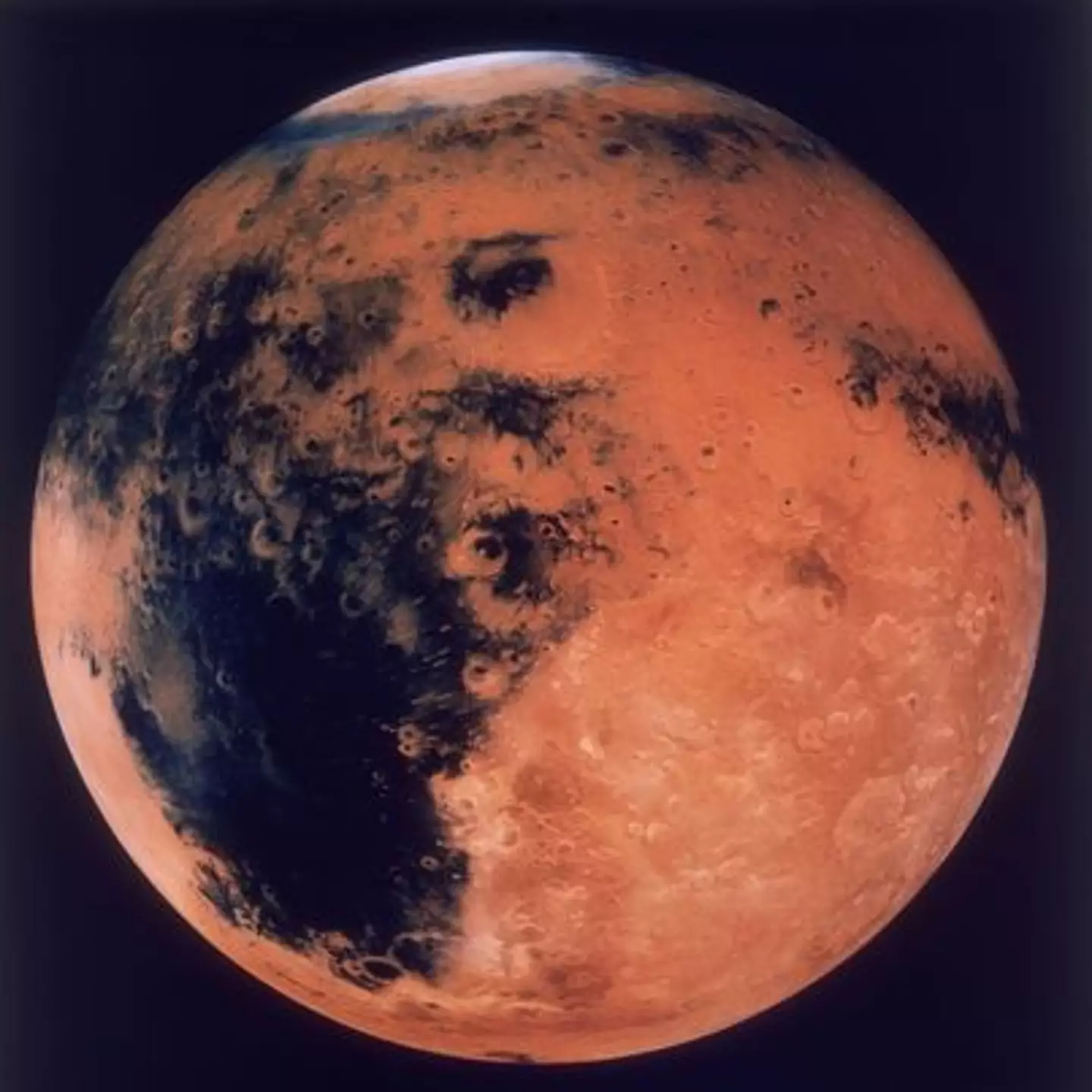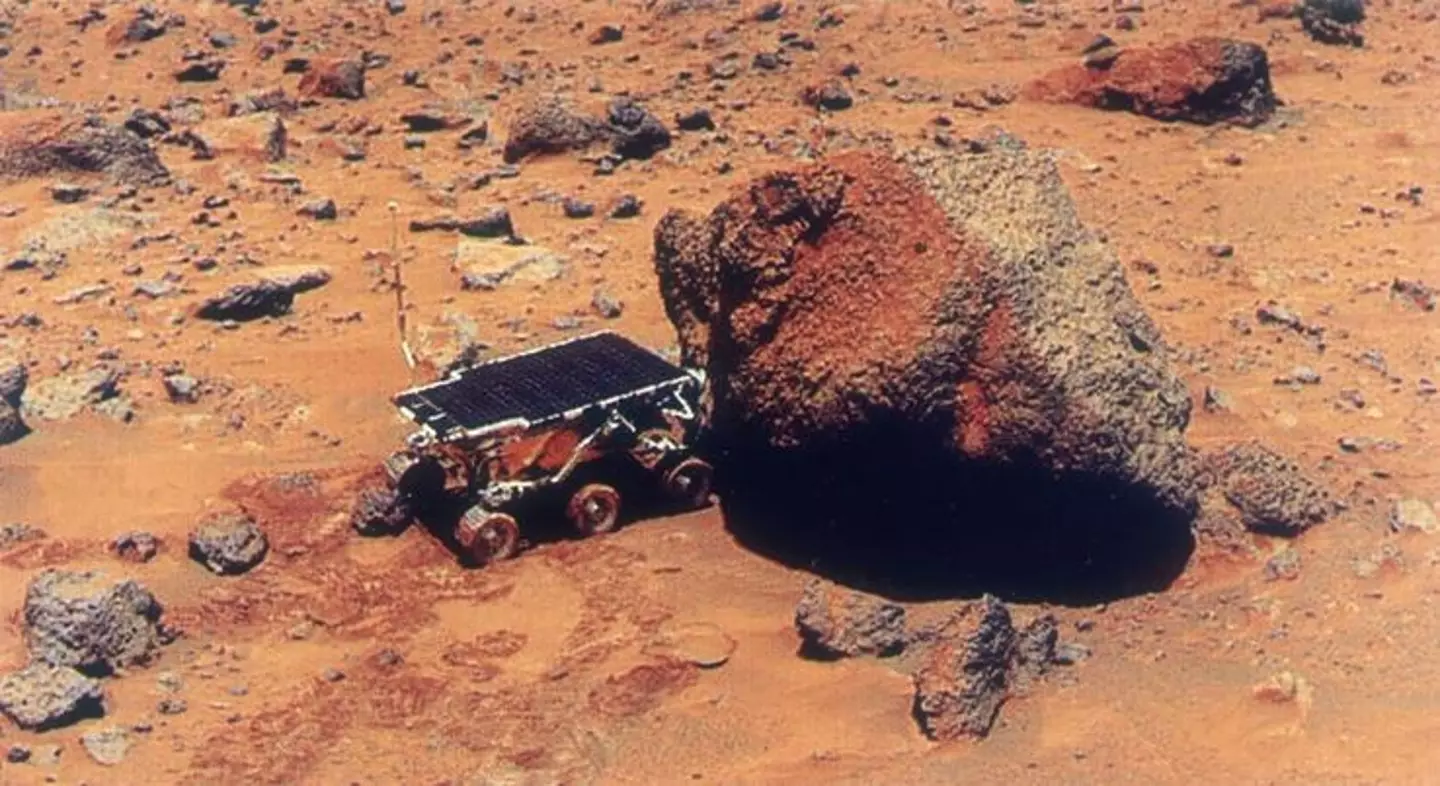
The mission to get humans on Mars could be at risk after new research has shown the effects it can have on the body.
Even though Elon Musk claimed that humans could be flying to Mars within 10-20 years, it seems as though that plan could be at risk after studies have found some major issues.
Samples from more than 40 space missions, involving both humans and mice, have revealed that the conditions in space have adverse reactions on the body.
SpaceX and NASA both have plans to send crewed missions to Mars in the coming decades, but the new findings could come as a real threat.
Scientists at University College London (UCL), who carried out the study, have found that microgravity and galactic radiation from space caused serious health risks that emerge the longer a person is exposed to it.
Advert
The main part of the body that is at risk is the kidneys, with the research showing that parts of the kidneys showed signs of shrinkage after less than a month in space.
However, it's not all bad news for those that fancy a trip into space, as future missions to Mars have not yet been ruled out.

Though scientists have said that measures to protect the kidneys and other major body parts would need to be developed to avoid serious damage to astronauts who choose to go.
Advert
Talking to The Independent, Dr. Keith Siew, first author of the study, said: “We know what has happened to astronauts on the relatively short space missions conducted so far, in terms of an increase in health issues such as kidney stones.
“What we don’t know is why these issues occur, nor what is going to happen to astronauts on longer flights such as the proposed mission to Mars.
“If we don’t develop new ways to protect the kidneys, I’d say that while an astronaut could make it to Mars they might need dialysis on the way back.”

Advert
The scientist added: “We know that the kidneys are late to show signs of radiation damage.
"By the time this becomes apparent it’s probably too late to prevent failure, which would be catastrophic for the mission’s chances of success."
Professors have suggested that despite not being able to protect the kidneys in space by shielding, it may be possible to develop ‘technological or pharmaceutical measures’ to enable astronauts to travel to Mars for extended periods of time.
